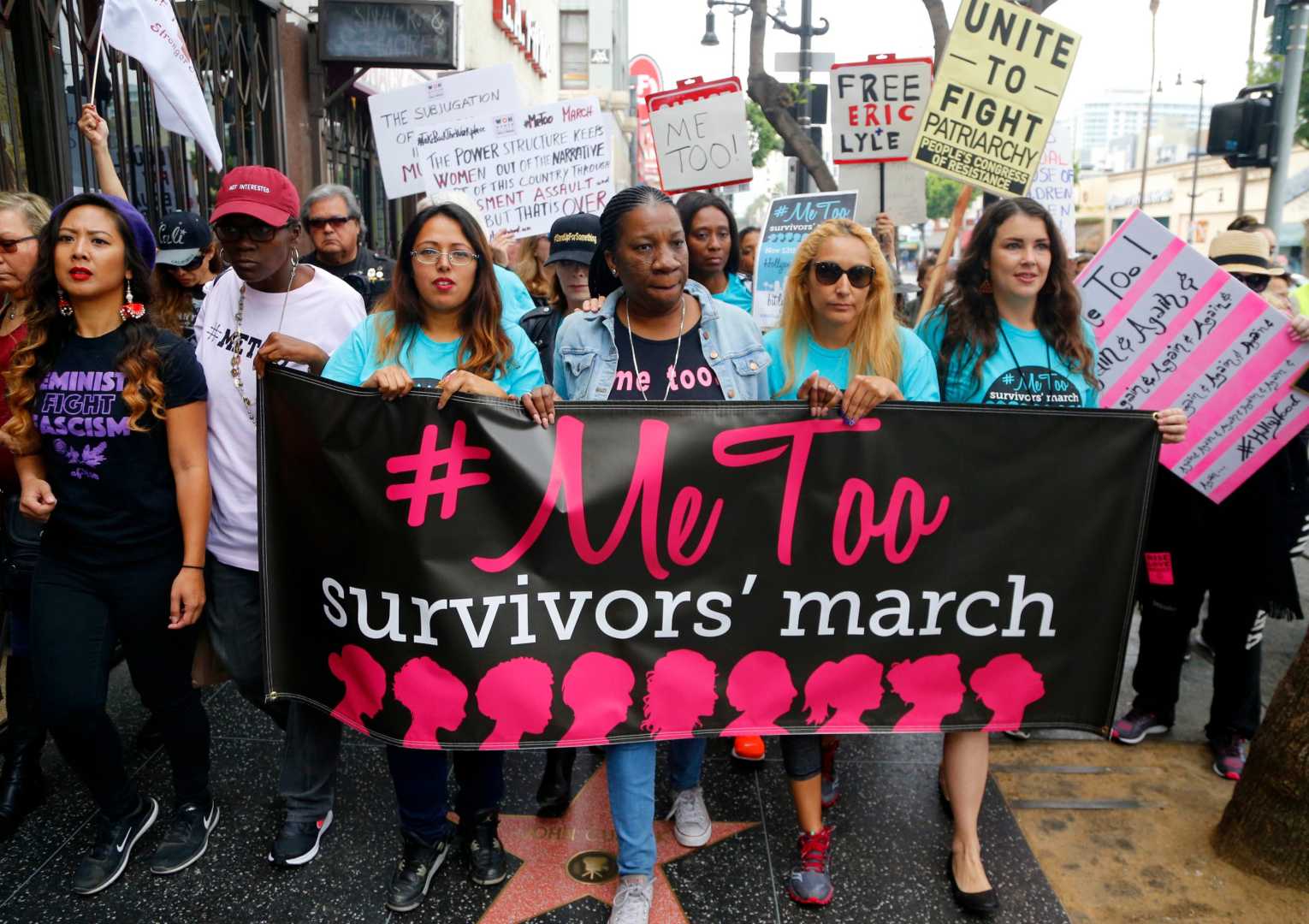News
Me Too Movement Transforms Social Attitudes and Laws Since 2017

NEW YORK, NY (AP) — The Me Too movement, which began in 2017, has reshaped social attitudes toward sexual harassment and abuse, sparking widespread changes in laws and workplace policies across the globe. The movement grew from a hashtag, initially popularized by actress Alyssa Milano, to a significant cultural force demanding accountability for sexual misconduct.
Initially, Milano’s tweet on October 15, 2017, resonated with those who had experienced sexual abuse, calling for individuals to share their stories. Within 24 hours, the hashtag #MeToo collected over 12 million responses on social media, highlighting the severe scope of the issue.
The origins of the phrase “me too” are traced back to activist Tarana Burke, who coined it in the early 2000s to express solidarity with survivors of sexual assault through her nonprofit, Just Be Inc. Burke has since been recognized as a foundational figure in the movement, emphasizing that it is not solely about punishing perpetrators but about healing and empowerment of survivors.
The movement gained momentum following explosive reports in October 2017, particularly focused on Hollywood producer Harvey Weinstein‘s decades of predatory behavior. Multiple women, including actress Ashley Judd, spoke publicly about their experiences with Weinstein, leading to his eventual conviction for sexual crimes.
As awareness of the movement spread internationally, similar campaigns emerged in other countries, such as France’s #BalanceTonPorc, urging individuals to name their abusers directly. The focus has primarily shifted from individual acts to systemic patterns of abuse and the cultures enabling such behavior.
In its aftermath, legislation has been introduced in the U.S. to dismantle barriers for reporting sexual abuse. Key reforms include abolishing non-disclosure agreements (NDAs) in sexual misconduct cases and the introduction of sexual harassment training in workplaces across several states.
Public support for the Me Too movement varies, with a 2022 poll revealing notable divisions, especially along political lines. While some critics dismiss its aims as a form of ‘cancel culture’, Burke argues that the movement serves to alleviate the suffering and pain of survivors.
As the Me Too movement continues to develop, it remains a powerful catalyst for change in society’s approach to sexual harassment and assault.












